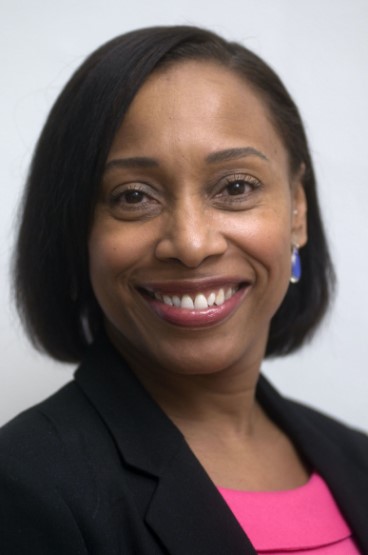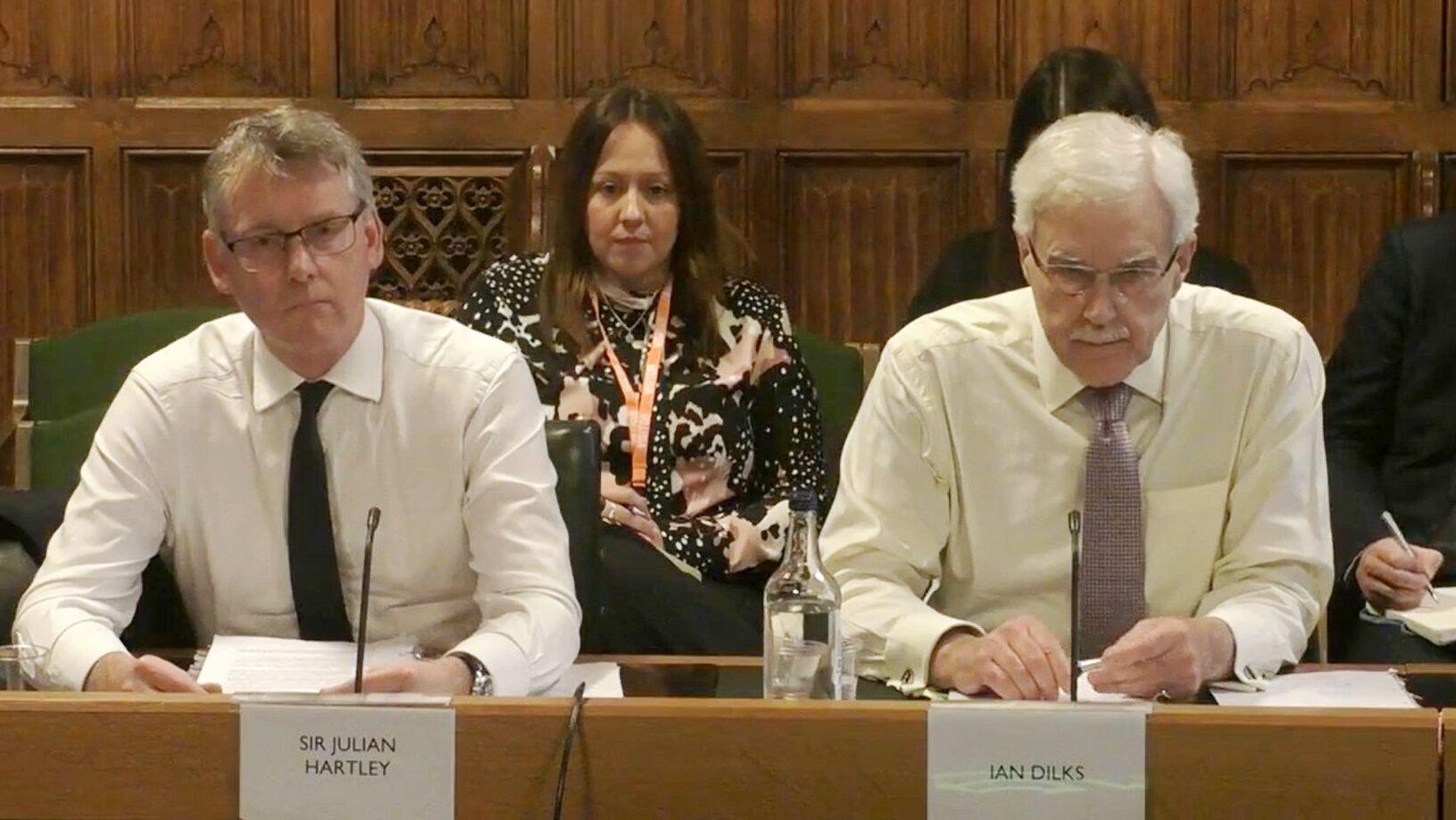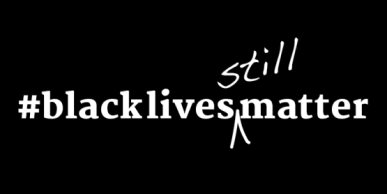It feels like we’re going backwards
Black Lives Still Matter: Zoeta Manning, senior integration manager for frailty at Birmingham and Solihull CCG and former chair of MiP’s National Committee. Interview by Mercedes Broadbent.

I’ve faced discrimination all my life. I first remember experiencing racism when I was six; we were the first black people on our road and someone actually spat on my mother just for being black. Can you imagine that?
During 32 years in the NHS, I’ve worked for some great leaders who’ve supported and developed me, but also with some who didn’t do their job with any real integrity. I’ve had managers who thought it was okay to tell me racist jokes and make racist remarks about other staff. And when I supported some of my staff who were being sexually harassed, I was threatened by a senior manager who told me that I would never work in the West Midlands again.
People aren’t used to seeing black people as leaders or union reps, and in meetings they often assume I’m the admin when actually I’m leading the programme of work. I think Covid has exacerbated the sense of isolation for black managers. In the office, you can at least talk to black colleagues who are around, but now I’m often the only black face on the screen with no real contact outside the meeting.
I’m fed up with hearing that black people who apply for senior jobs haven’t got the right competency levels and skills – research shows we’re often more qualified than our white peers. I’ve seen so many non-black managers getting the tap on the shoulder and being offered an opportunity or a new job, when they haven’t got the right competency levels or skills either. So, it’s just a bit of a farce to me. I want to see a fair recruitment process, which must include secondments, because secondments are another way of bypassing the selection process to get more of the same people in.
It feels like we’re going backwards – we keep on doing the same thing and expecting a different result. We love writing policies and procedures, but they don’t change organisational culture. Unconscious bias training, for example, can be helpful for people who are sympathetic, but for others it can be counter-productive and doesn’t change decision making.
Throughout Black History Month this October, we’re learning about the experiences of black managers in the NHS, and how we can all help to end racism at work and in everyday life. On our website and in our magazine, black members and NHS leaders will tell you about their lives and careers in their own words. If you’ve got a story to tell, we want to hear from you too.
The only way to change the ‘club culture’ at the top is by changing behaviours and having targets. I’d like to see inclusive leadership included in chief executives’ appraisals. Organisations face no detriment by not addressing this issue. And if there’s no accountability, they aren’t going to do it. No one really objects to targets for women on boards but, if you mention race equality targets, people say it’s just about giving jobs to black folk. Nobody’s given a job – you still have to get it on your merits. But there’s an imbalance here and we need to address it.
Black staff are fed up with being told what we need to do without anyone asking us. We might have BAME networks or a representative on the board but, if they’ve got no teeth, it’s just a token gesture. With the People Plan, for example, I’d be interested to know whether the BAME community were fully engaged – or was it a just a tick-box exercise?
I still live in hope that my children and grandchildren will not face the stereotypes and discrimination I’ve faced. Time will tell if it’s different this time. With Black Lives Matter, we’ve had more white people and other races supporting the cause, so that’s positive. But even now, some Covid risk assessments for BAME staff are not being done sensitively or meaningfully; I even had one senior manager tell me in a meeting, “Oh, you lot are predisposed to it”. And of course I still get followed around shops by security guards, just because I’m black.
This is the one of a series of interviews with black MiP members and NHS leaders which we will be publishing throughout Black History Month in October. To find out more about Black History Month and to get involved, visit: blackhistorymonth.org.uk.
Related News
-

Regulating the managers: more questions than answers
The Labour government’s plans for regulating NHS managers are still shrouded in mystery, and the three options on the table each have their pros and cons. Rhys McKenzie weighs up the choices and gauges the views of MiP members on the best way forward.
-

The inspector falls: why the CQC needs a fresh start
After years of chaos, the Care Quality Commission urgently needs to rebuild trust and credibility with the public and the services it regulates. What needs to change and what are the priorities for new boss Sir Julian Hartley? Alison Moore reports.
-

Voice, value and vision: what analysts need from the NHS
Data analysts play a vital role in an NHS which is increasingly data-driven and focused on public health trends. But the NHS faces fierce competition for skilled analysts and many feel the health service fails to value them or fully use their talents. Alison Moore reports.
